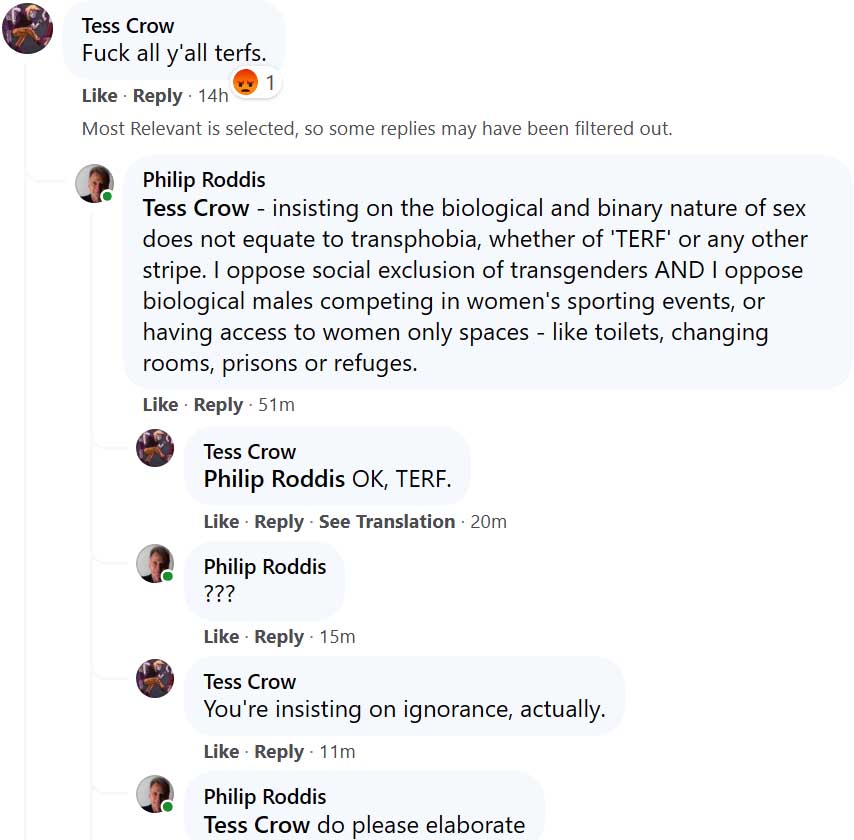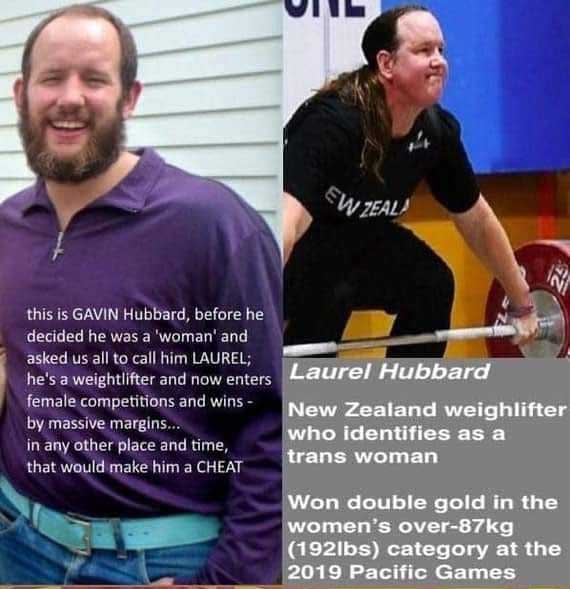
… in fact only a small proportion are but, as I argued six years ago in one of my increasingly rare non political posts – and little knowing how much extra weight this truth would be called on to shoulder – it is not irrational to fear snakes.
“Not all snakes are venomous” now has added traction as a response to a particularly specious dismissal of fears, voiced by women, of men in general:
Not all men are rapists or murderers.1
The point being that it is not irrational for women to fear men. “Not all snakes are venomous” is of little comfort on snake infested terrain when, through lack of knowledge or low visibility, we can’t know which specimens do – and which do not – fit the bill.
Worse though is thinking we do know, when we don’t, and picking up the wrong snake. Here’s where the analogy best fits since most rapes and most murders are by men known – just not well enough – to their victims.

*
In recent times another twist has been added. A militant segment of transgenderism is bent on calling out as transphobes or TERFs (transgender exclusionary radical feminists) those of us who say sex is biological and binary. At this battle’s epicentre are women’s sports, and women only spaces like toilets, changing rooms, saunas, prisons and refuges.
Here’s a snippet from a recent FB thread, below a post by Save Women’s Sports:
That was several days ago and Tess Crow has declined to take me up on my invitation. Which does not surprise me given so slender a case for trans-women in cis-women – it’s ridiculous that we even need the latter term – competitive sports.
And access to women’s spaces? I’ve encountered several times – both at first hand and in the exchanges of others – the argument that there is no evidence of transgender women abusing such access. This is false but in any case fails to address the legitimate fears of women in jails shared with such as Karen White. Nor those of Vancouver women fleeing male violence, only to find that women’s refuges must admit transgender women else lose their funding.
In a polite and closely if speciously argued open letter to J K Rowling – see this version on Mumsnet – the transgender group Mermaids argues that cis-women are at greater risk from other cis-women than from trans-women. The letter provides no evidence for this, and we’re left presuming such ‘greater risk’ to be proportionally adjusted. If not it’s like saying Britons are at greater risk from dogs or cows than tigers escaping from London Zoo (true) – making tigers safer than dogs or cows (false).
The Mermaids letter does vaguely invoke ‘research’ neither linked nor referenced – in fact not even named – but even if true, and even if sample sizes were large enough to allow valid generalisation, the claim would not warrant the solution it seeks. Rather, it would speak to a need for dedicated trans-women refuges.
Why? Because “not all snakes are venomous” just doesn’t cut it with those already bitten by the snake that was. Ditto those with a healthy fear of that possibility.
* * *



Good post Phil. I agree 100%. This TERF thing is being run along the same lines as an anti-semitism campaign. Almost no matter what you say, it will be taken as evidence against you. And anything you say will also be drowned out by a barrage of hysterical assertions unsupported by argument.
PS Like your scarf.
Really? You don’t think it makes me look fat?
It’s the wrong colour. Should be red and white to fill up your senses etc.
Annie’s Song?
Now that’s uncanny.
I’ve a daughter named Annie.
She was born with a
Damned if I can find the word to round off so profound and otherwise polished a verse. But I do have a daughter named Annie; bolshie from the word go. Got that from her mother is my story, and I’m sticking to it.
There are several parallels between “this TERF thing” and the “anti-semite” witch hunts most noticeable on the battlegrounds of academia and the British Labour Party.
– Both stand presumption of innocence on its head. To be accused is to be guilty. As Esther Giles, full text here, has observed:
– Both apply guilt by association. In the McCarthesque climates prevailing on both fronts, to defend an accused person is to bring instant accusation on your own head.
– Both conflate distinct issues. Just as criticising apartheid Israel (a word pairing now permissible even in Israel) may well be taken as proof of antisemitism, declaring the binarity of sex is taken as proof of transphobia.
– Imposing the state of Israel on the middle east is an unjust solution to a real problem; virulent antisemitism in Europe. And imposing men ‘who identify as women’ in women-only spaces is an unjust solution to the real problem of transphobia.
– On top of its intrinsic faults, Israel serves a wider agenda – see my review of Stephen Gowans’ book, Israel: a beachhead. Similarly, given the speed with which trans pieties became enshrined in statutes, employment policy and other indicators of mainstream orthodoxy – when anti-racism, feminism, gay rights and disability rights had struggled for decades just to be heard – the suspicion of orchestration is hard to shake off. The more so given its principle theatres of engagement in my own country. I mean of course a fast degenerating academia, and the British Labour Party.